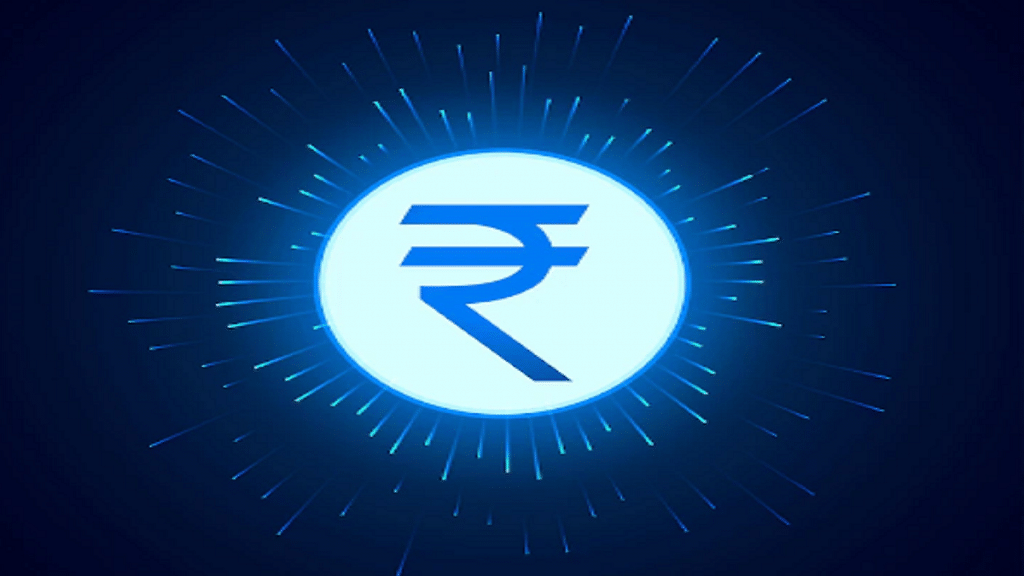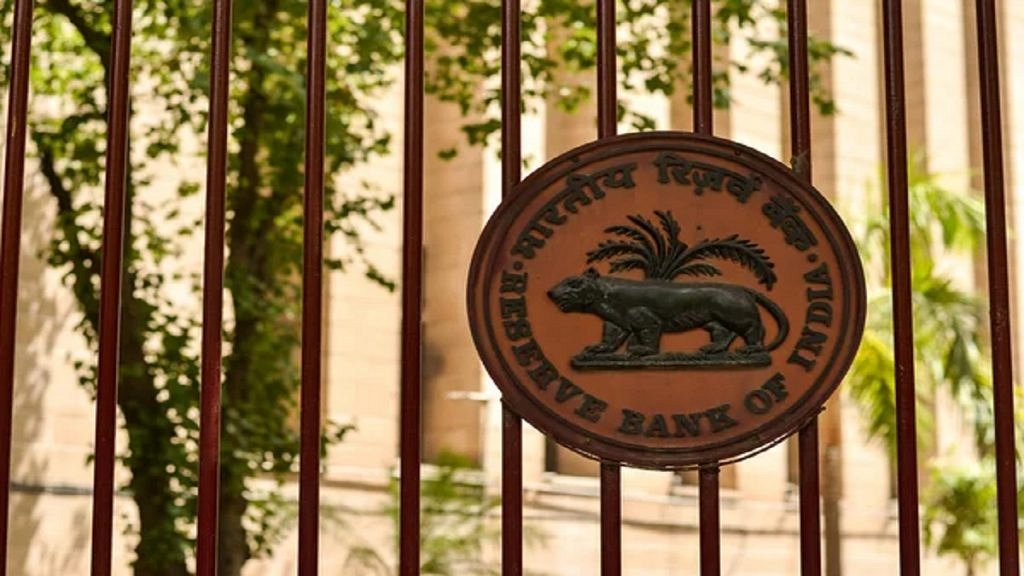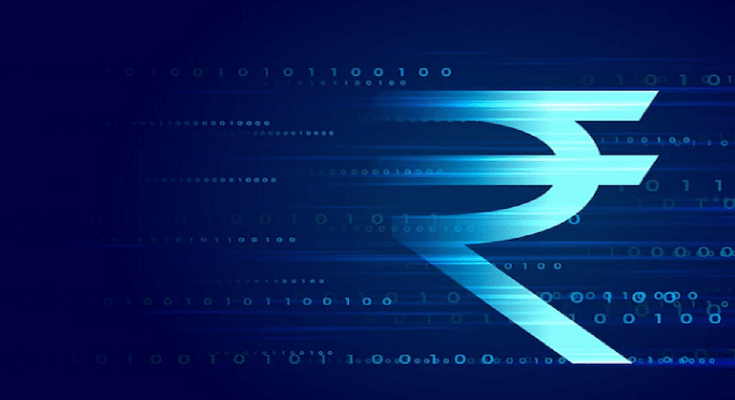Key Highlights
- RBI announces the launch of the first retail digital rupee pilot
- The Digital Rupee or e-rupee will commence its first pilot on December 1
- RBI initially partnered with four banks in four cities
The Reserve Bank of India said that the first retail digital rupee pilot will be introduced on Thursday in order to test the stability of the entire creation, distribution, and retail use of digital currencies said the Reserve Bank of India. For the wholesale segment, the central bank has already started a few limited launches of the legally tendered digital currency earlier this month.
What Is Digital Rupee?
The digital version of currency issued by central banks is known as Central Bank Digital Currency (CBDC) or Digital Rupee. The rupee, also known as digital cash, is a type of electronic money that can be used in contactless transactions.
How Will Digital Rupee Work?
RBI explained that the digital rupee or e-rupee will be distributed to customers and merchants through intermediaries such as banks. Through a digital wallet provided by the eligible banks and kept on mobile phones or other devices, users would be able to conduct transactions using the e-Rupee.

The central bank further clarified that both person-to-person (P2P) and person-to-merchant (P2M) transactions in digital rupee are possible. Users will be able to conduct online-like transactions using QR codes displayed at merchant locations to pay using an e-Rupee.
Also Read | Digital Footprint: Simple Ways To Erase Yourself From The Internet
The pilot will evaluate the “robustness of the entire process of creating, distributing, and using digital rupees at retail in real-time,” according to information provided by RBI. Based on the lessons learned from this pilot, other aspects and uses of the e-Rupee token and architecture will be examined in further pilots.
Who Can Use Digital Currency?

According to the RBI, this trial would focus on a few specific CUGs with participating customers and retailers. For the initial stage of the study, four banks and four cities have been chosen. The following banks were chosen for the first phase:
- State Bank of India
- ICICI Bank
- Yes Bank
- IDFC First Bank
The four cities are:
- Mumbai
- New Delhi
- Bengaluru
- Bhubaneswar
Four additional banks—Bank of Baroda, Union Bank of India, HDFC Bank, and Kotak Mahindra Bank—as well as additional cities—including Ahmedabad, Gangtok, Guwahati, Hyderabad, Indore, Kochi, Lucknow, Patna, and Shimla—will be added for the ensuing phase.
Also Read | FIFA World Cup 2022 Full Schedule: Here’s How You Can Watch All FIFA Matches On iPhone, iPad, And Apple TV
